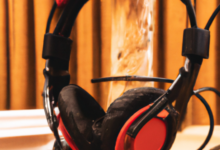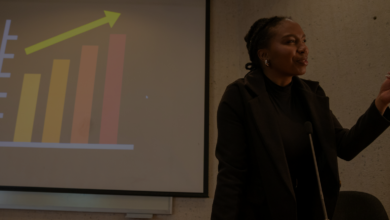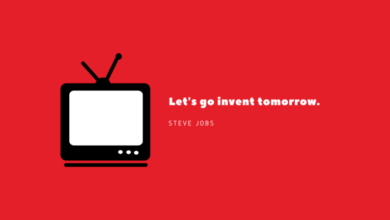
Hosting a Show in the era of Podcasts, Clubhouse Rooms, and Livestreaming
“On the air,” whether recorded video, live, producing a podcast, or a dialing it in, you are a “host.” In this era of Clubhouse, podcasts, and Livestreams, “hosting” is a skill more important than ever; and thus, arguably, increasingly important that you hone that skill since so many of us are connecting online and beyond the copy of an article.
Ted Cohen, live in his MediaTech Ventures’ show, connecTed, is evidently a master of the story and narratives woven through incredible relationships and experiences. I was asked today, “How do I speak confidently and attractively at the same time for a podcast?” and in crafting a reply drawn from my experience public speaking and in radio, Ted’s talent was on my mind before realizing, it was well past time to get founders in the studio to advise them live.
So consider this our announcement, launching this week, Startup Studio, your startup, live: On air office hours, real time mentorship, and feedback in public, so others can learn, and validate the advice.
With a studio of your own, or a phone with an app ready to go, let’s get back to the question at hand, what I mean by hosting is that though (perhaps) underappreciated, there is a learned and practiced talent in what TV and radio hosts do for a living. Here’s what I’ve learned about being on the air…
- Change your tone. Nothing is as boring as a monotonous voice. Your normal speech even, is likely lost when someone is “tuning in;” a good host is actually, intentionally lowering and raising their voice, creating inflections, to hold attention.
- Lose the “ums,” “like,” and “you know…” I get it, it may be courteous to let people speak that way, and to NOT be judgmental about people who do, but on the air? It’s not just jeering to hear, it makes it sound like you don’t know what you’re talking about. Learn to pause, not fill the air with, you know, words.
- Tell them what you’re going to tell them; tell them; tell them what you told them. When I was in a public speaking class at Arizona State University, the first lecture started quite simply noting that there were TWO things to keep in mind when speaking to an audience. Paramount: people aren’t always listening so a good host informs, states, and reminds.
- The second lesson? Be careful of the notion that some alcohol calms the nerves before you go on stage; however, the illusion that you can eloquently speak while having a glass, puts your audience at ease.
- Don’t use buzzwords!! Don’t use industry specific terms. Don’t use scientific words. Speak at a high school level. If must use more sophisticated language, explain it.
- What we’re touching on here the fact that you want to make your audience feel smart by going out of your way to avoiding making them feel lost.
- Listen! Most guests fail to listen to when others are trying to speak. Listen more than you speak.
- Practice limiting yourself to about a minute of speech before you pause for your guest or co-host! Have you caught that guest on the News or a talk show, who rambles on and on while the hosts try to interject? Listen! No one wants to hear you alone talk for 10 minutes.
In many ways, as we’ve seen in music, film, and video games, that the parallel between creators and entrepreneurs is astoundingly similar. Meaning what? Be yourself, be passionate, and be committed to the fact that it takes time to get a show (a startup) off the ground; a little practice, some training, and putting yourself out there, goes a long way.








Absolutely! I’d love to do a TedX one day on dropping these filler words! #iLongsworth
No question, it’s not easy. Takes a ton of practice
As a podcast host 6-months into podcasting, this is much needed advice. I’ve got work to do and is only through the work that we get to the next level! Thank you Paul!
Let’s grab coffee in town. We’re looking into podcasting in a broad sense, and with some plans and programs of our own in MediaTech Ventures — want to collaborate more as well.